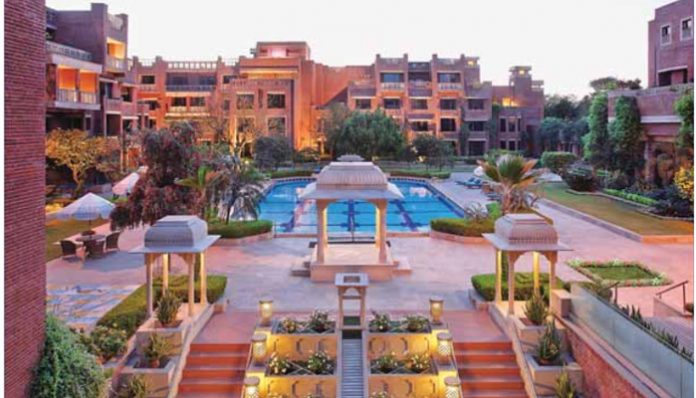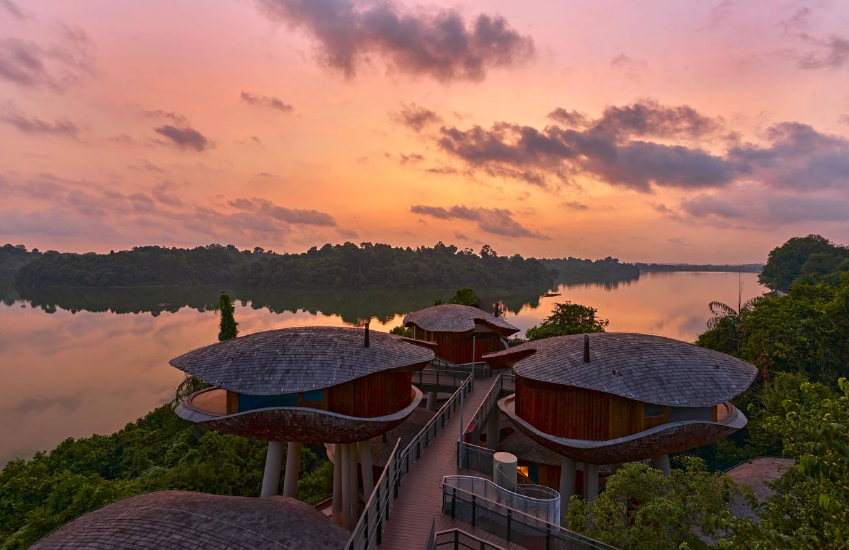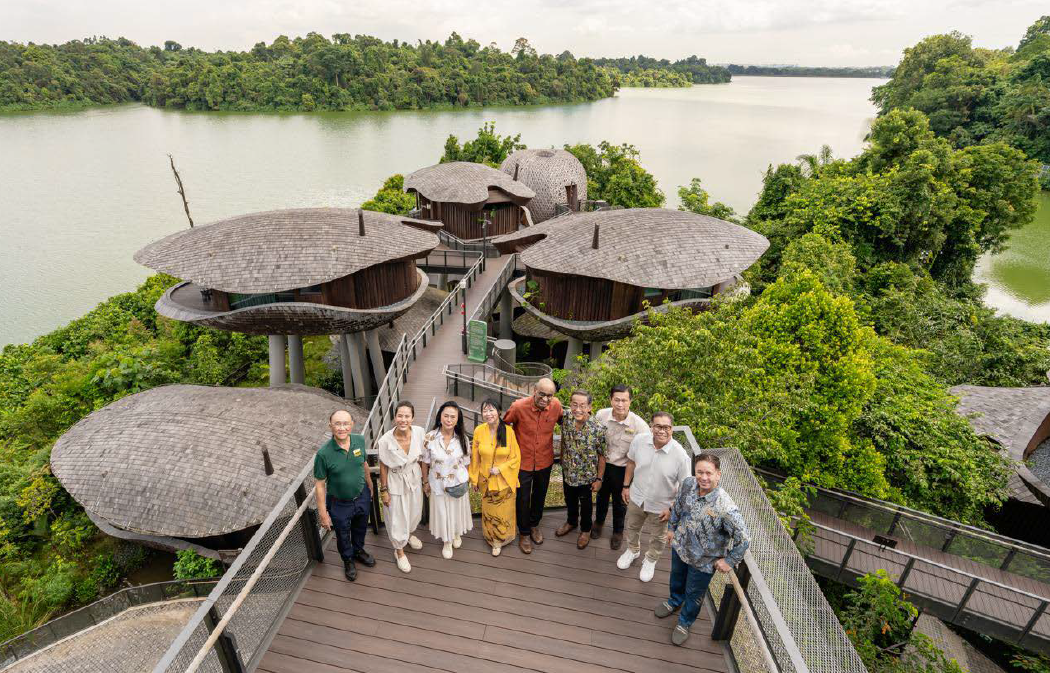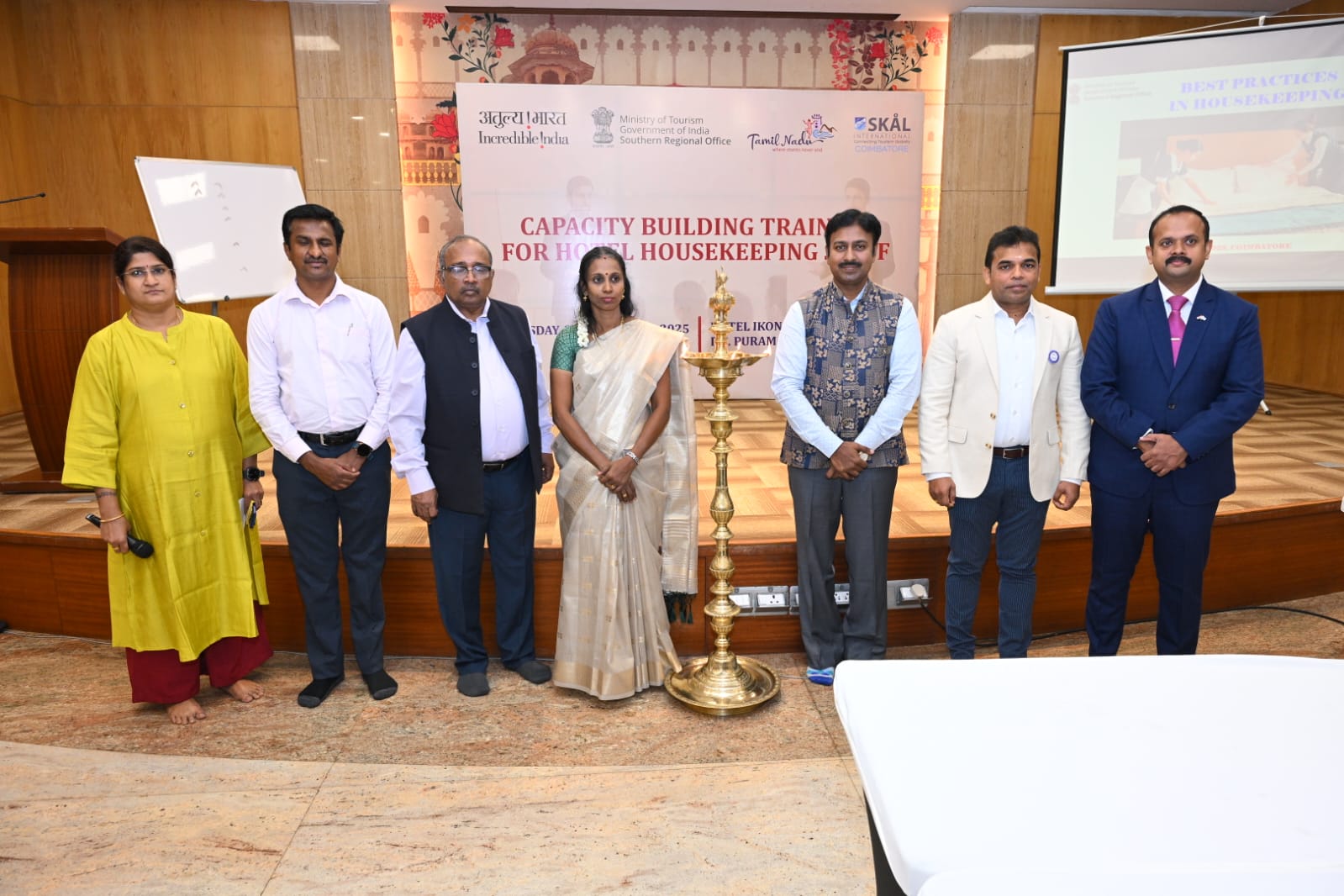Nowadays, hotels are big on sustainability, a trend stemming from the realisation that a one-time investment can reap long-term benefits. Hospitality Talk finds out how hotels ensure guest comfort while simultaneously taking care of the environment.
Tejinder Singh
General Manager
ITC Rajputana, Jaipur
Striking a balance
ITC Hotels, as a core business philosophy, uses sustainability in everything they do. This involves reduction of energy and water consumption without compromising on guest experience by adopting energy efficient technologies and practices. Our hotel is the only LEED (Leadership in Energy Efficient and Environmental Design) Platinum certified building in Rajasthan, certified by the USGBC (US Green Building Council). With two windmills of 2.5 MW capacity installed to harness renewable energy, two-third of the requirement of the hotel is met by renewable sources. We have had a solar-based hot water system installed to reduce fossil fuel consumption for hot water generation, a heat pump to reduce HSD consumption, and an IBMS (Integrated Building Management System) to monitor and control the central air-conditioning plant that is based on building load and outside weather condition.
We have had energy-efficient systems installed in all areas of operation, from VFDs on water pumps to energy-efficient LED lamps in place of CFL and GLS lamps. Our sewage treatment plant recycles wastewater for use in gardening. In addition to all these steps, we also harvest rainwater through our three rainwater harvesting pits, enabling us to be self sufficient in our water requirements. Our low-pressure LPG gas ranges reduce LPG consumption. We also ensure that all our stakeholders and vendors conform to our sustainable beliefs, thus enhancing the efficiency of the supply chain.
Namit Vijh
Director of Rooms
Courtyard by Marriott Gurugram Downtown
Inspiring guests to join in
Marriott’s environmental vision is to be the global hospitality leader that demonstrates how responsible management of hotels can be a positive force for the environment, create economic opportunities around the world, and lead by example in inspiring personal action in the communities where we live and work. Our guests also want to contribute to the conservation effort. Through surveys and customer forums, many have expressed a desire for the option to reuse their linen and terry when they visit our hotels. A Linen and Terry Reuse Brand Standard has been created to meet this guest demand, as well as reduce water and energy consumption, and costs associated with daily laundering. Our hotel has already implemented measures that give guests this option. We also use recycled water, which is used for cleaning and gardening in the hotel. The hotel is also fully LED compliant, saving energy and reducing the carbon footprint.
Prashant Vaidya
Director of Engineering
Sofitel Mumbai BKC
Recycling is key
We have installed appliances that are efficient, thereby ensuring wise utilisation of energy and water. For example, tap fixtures in all the washrooms run on sensors, resulting in minimum wastage of water. Targets are set every day for energy and water conservation and these are monitored at the end of each day. Moreover, guest rooms, public areas, and kitchens have regulated water flow and this has resulted in a 40 per cent reduction in water wastage. In our Planet 21 initiative, we have an in-house cultivation programme called ‘Herb Garden’. This not only helps fulfil our corporate responsibility where our ambassadors engage in planting trees, but also helps deliver on our economic promise of serving guests scrumptious dishes made from fresh ingredients. As for organic produce, we make use of both quinoa and free-range eggs. We also place sustainable development cards in all the rooms so that every guest is encouraged to contribute towards the environment by reusing their towels. Proceeds from this are invested in a special project – Khaithal (Inde) – with which we have planted 13,849 trees till date.
Anil Kumar
Director of Engineering
The Imperial, New Delhi
Standardising each aspect
Over the last few years, guest room energy management systems have become more sophisticated, utilising sensors and controls to adjust HVAC, lighting, and other systems based on room-occupancy. Typically, these systems are deployed in one of three ways – keycard holder
Hotel engineers can either establish standalone systems, whereby each room operates in a silo, or integrate guest room systems into the hotel’s larger BMS. To maximise system performance and associated savings, engineers should integrate guest room systems into the hotel’s BMS and property-management system. Such integration allows deeper temperature setbacks for unoccupied guest rooms. The use of open standards allows BMS and room controls to be integrated with the facility’s front desk and PMS, enabling centralised control of room comfort and promoting a building-wide approach to energy management.
Regardless of the building-management approach that a hotel adopts, certain factors must first be taken into consideration, such as installation costs that vary depending on a large number of factors, a management strategy that ensures data provided by the BMS is being acted on and inefficiencies are being addressed in a timely manner, location of the hotel, regional climate, and customer base wherein vacationers and business travellers operate on different schedules and have different energy-usage levels.
Kasi Rao
Director of Engineering
Sheraton Hyderabad Hotel
Making small changes
Hotel guest rooms account for 60-70 per cent of energy used in the hospitality industry, with high-end guest rooms consuming 50 to 70 kW and luxury guest rooms consuming more than 80 kW per day. Guests and members of the staff are not directly accountable for the overall utility bill, giving them little incentive to follow energy-efficient practices.
Though hotel guest rooms may hold great potential for cost savings, concerns about the impact of energy-efficiency initiatives on customer satisfaction have kept many hoteliers from investing in energy-management solutions. With recent advances in building-management systems and sensors, however, the balance between energy savings and guest comfort can easily be struck. Some of the sustainable practices that we follow at our hotel are solar hot water systems, LEDs, heat pumps, sun control films, VFDs, etc.
Samuel David
Chief Engineer
Novotel Chennai SIPCOT
Saving everywhere possible
Everyone in the hospitality industry understands that guest satisfaction is the number one priority and keeping guests happy requires a high level of service and comfort, which typically means consumption of a high level of energy. With energy costs at an all-time high, hotels are facing the pressure of balancing the guest experience with the need to implement facility-wide energy saving measures.
Being sensitive to these issues, our first step was to identify which areas of the hotel had the highest consumption of energy. Heating, ventilation, and air conditioning equipment, that are essential for the comfort of guests, were identified in this process. To make sure that the comfort is not compromised, we maintain the temperature in the guest rooms through digital thermostats that allow us to programme the heat or air conditioning to turn on or off at set times. We also use LED lights in the guest rooms and public areas to further save on energy.
Rajan Kinjawadekar
Director of Engineering / Chief Engineer
ibis and Novotel Bengaluru Techpark
Simple measures for greater benefits
Guest satisfaction is a non-negotiable factor for us. We ensure that we meet all the expectations of the guest without compromising on the quality of their stay. The focus here is not on “how to save at any cost” but on “how to save while exceeding guest expectations”.
The implementation of simple energy-efficient measures can not only increase the level of staff and customer comfort, but also help improve the general morale. Guests today are conscious about environment-friendly practices and protecting the environment through use of sustainable methods. There is a genuine enthusiasm among guests when they hear about the environment-friendly policies of the hotel. This has not only helped create goodwill, but has also helped in building a loyal customer base.










